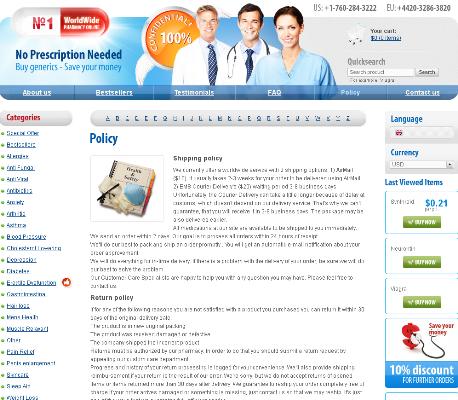Prevacid for Children: What Parents Should Know
Understanding Prevacid and Its Uses for Children
Prevacid, known generically as lansoprazole, is commonly prescribed to children to help manage gastroesophageal reflux disease (GERD) and other acid-related conditions. This elixir works by reducing the amount of acid produced in the stomach, preventing damage to the esophagus and providing relief from heartburn. Healthcare providers often count and pour Prevacid in tablet or comp form, depending on a child's needs. For parents, understanding sig on the Rx label is crucial for adhering to the correct dosage and administration schedule.
| Term | Meaning |
|---|---|
| GERD | Gastroesophageal Reflux Disease |
| Rx | Prescription |
| Elixir | A sweetened, flavored pharmaceutical solution |
Dosage Guidelines: Ensuring Safe Use for Kids

When it comes to ensuring the safe use of Prevacid for your child, understanding the correct dosage is crucial. Always follow the Sig provided by your child's pediatrician, as this ensures the right amount is administered. Dosages are typically calculated based on weight and age, so never guess or estimate. If you notice a Red Flag, such as a sudden change in your child's health after starting Prevacid, consult your healthcare provider immediately. Following these guidelines can help you navigate the complexities of using this medication safely.
Potential Side Effects: What Parents Should Watch for
Prevacid, though generally safe, can have potential side effects in children. Parents should be observant of common side effects like headaches, stomach pain, or diarrhea. In rare cases, more severe reactions such as rash, difficulty swallowing, or unusual tiredness may occur. It's crucial to follow the script - prescription from your child’s pediatrician and report any concerning symptoms immediately.
Additionally, watch for less obvious signs like irritability or changes in appetite. To ensure safe usage, never engage in a 'comp - compound medication' swap at a 'pharm party'—always adhere strictly to the prescribed dosage. If your child exhibits any hangover-like effects, consult your pediatrician stat.
Interactions with Other Medications and Foods

When it comes to Prevacid, understanding how it interacts with other medications and foods is crucial. Prevacid can potentially interact with certain drugs, like anticoagulants and anti-seizure medications, altering their effectiveness. Always inform your pediatrician about any scripts your child is taking; this ensures safe and effective use. Moreover, specific foods and beverages might also affect how well Prevacid works. For example, acidic foods might interfere with the absorption of the elixir form of Prevacid. Dairy products could also have an impact. This combination of medications and dietary considerations can sometimes lead to confusion, so it's essential to follow the sig provided by your healthcare provider closely.
Tips for Administering Prevacid to a Child
Administering Prevacid to your child in a stress-free manner can be a breeze with a few smart tips. Use a syringe or a dose-measuring spoon to ensure an accurate dosage – you don't want any short fill here! If your child struggles with the taste, you can mix Prevacid with a small amount of applesauce, but make sure they consume it immediately. Patience is key, and creating a routine can ease the process. Additionally, teach older children to take their meds responsibly, following the sig on their script.
| Step | Action |
|---|---|
| 1 | Measure the correct dose using a syringe or dose-measuring spoon. |
| 2 | Mix the dose with applesauce if needed, but give immediately. |
| 3 | Involve your child in the process to ensure they understand their medication routine. |
Remember, keeping a calm and positive demeanor can turn medication time into a more comfortable routine. If you encounter any difficulties, asking for a flavored elixir or consulting your pediatrician may provide alternative solutions.
When to Consult Your Pediatrician for Advice
Monitoring your child’s reaction to Prevacid is crucial. If you notice any frequent adverse reactions like severe headaches, diarrhea, or unusual behavioral changes, it’s imperative to seek medical advice stat. If your child is on other Rx meds, checking for potential interactions is vital as well, since Prevacid can sometimes alter how other drugs work. Initiating a conversation with your pediatrician can give you tailored dosage guidance and ensure the treatment plan is safe and effective.
Furthermore, if symptoms persist or worsen over time, it might be necessary to intervene swiftly. Sometimes, an incorrect dosage or unexpected side effects can lead to more harm. Pediatricians can reassess the comp and provide alternatives if needed. So, don't hesitate to consult them when in doubt; it often helps clarify the sig and guarantees your child receives the best care possible.

